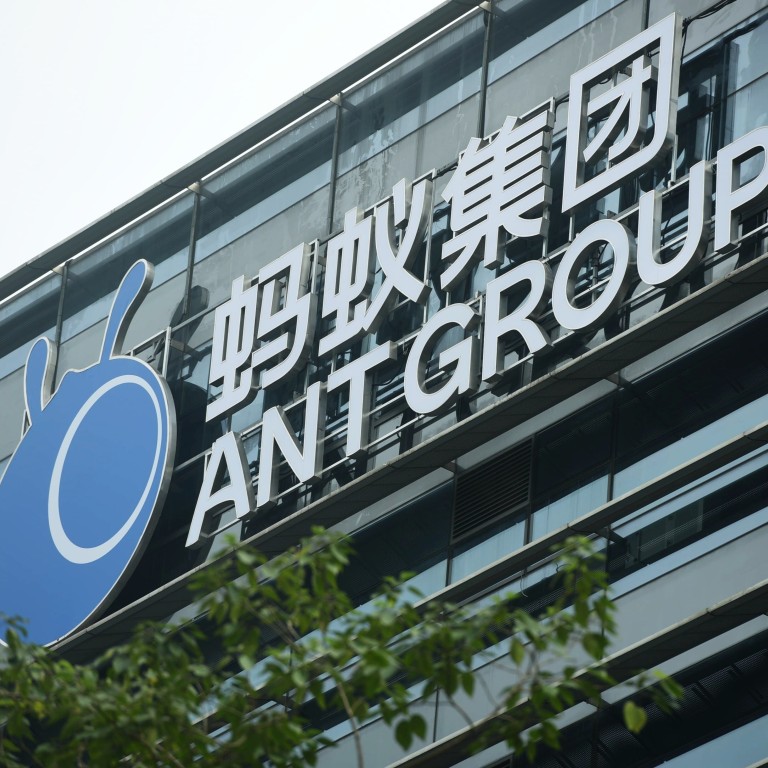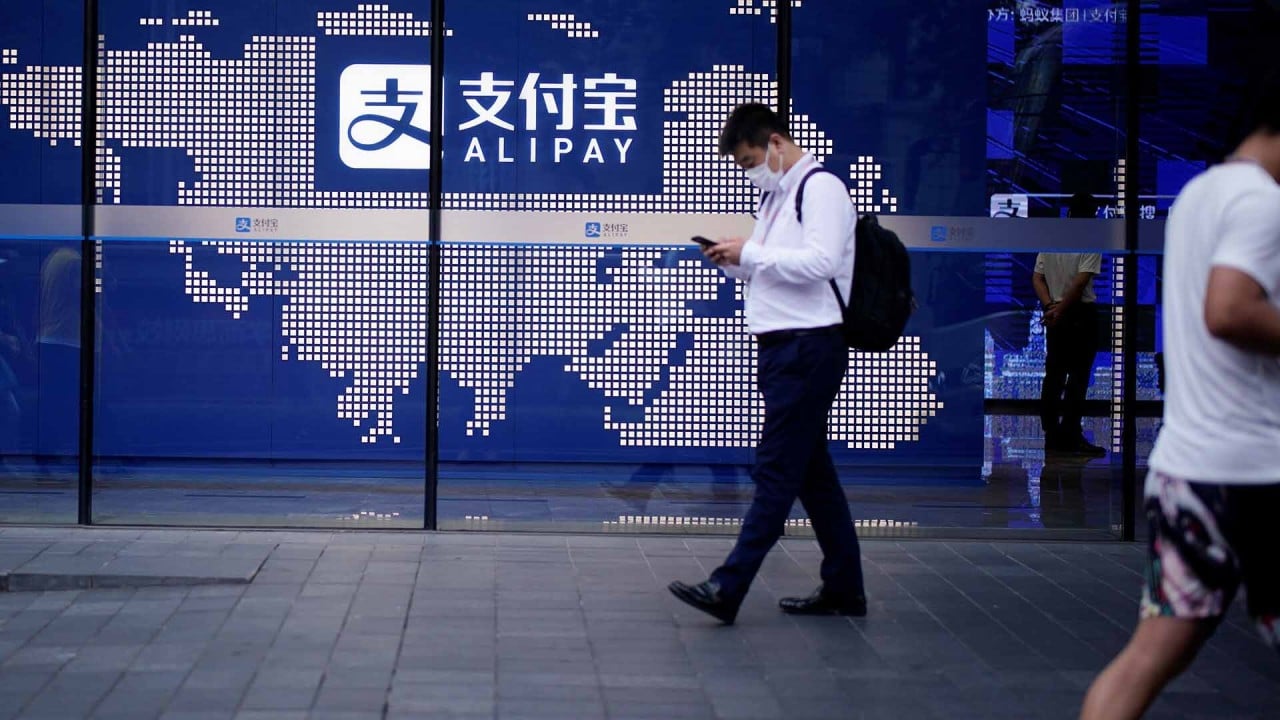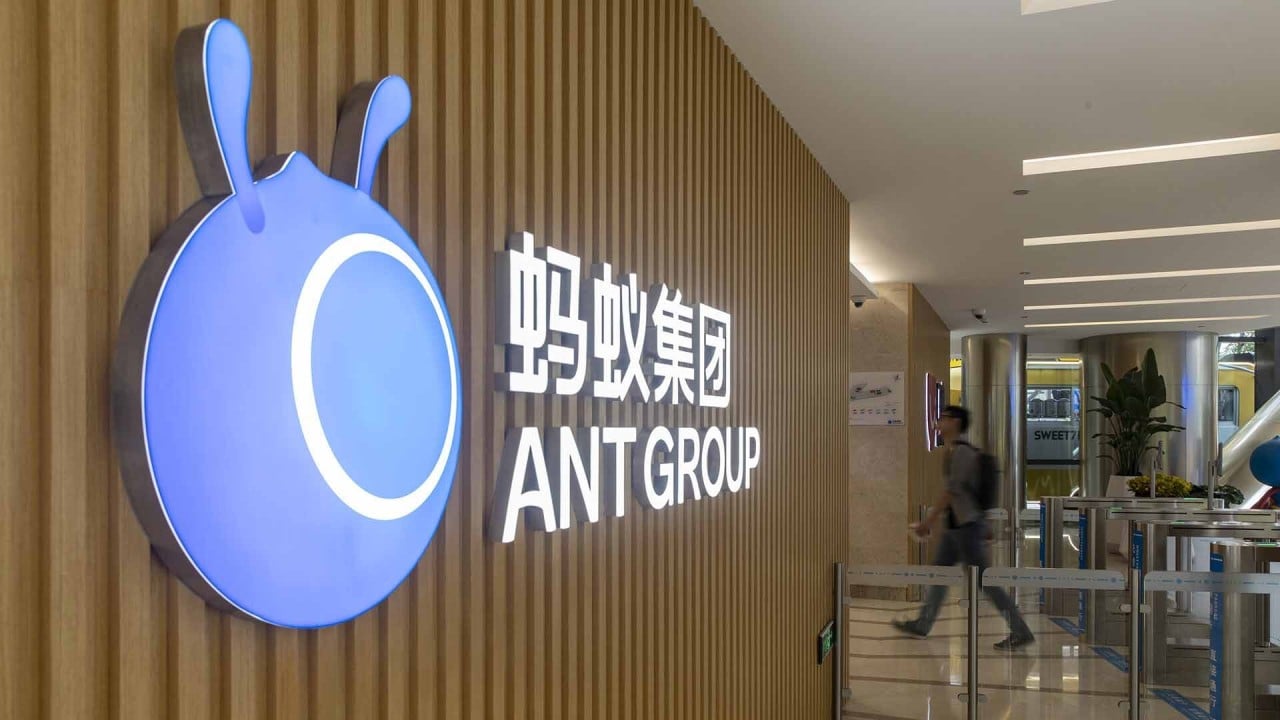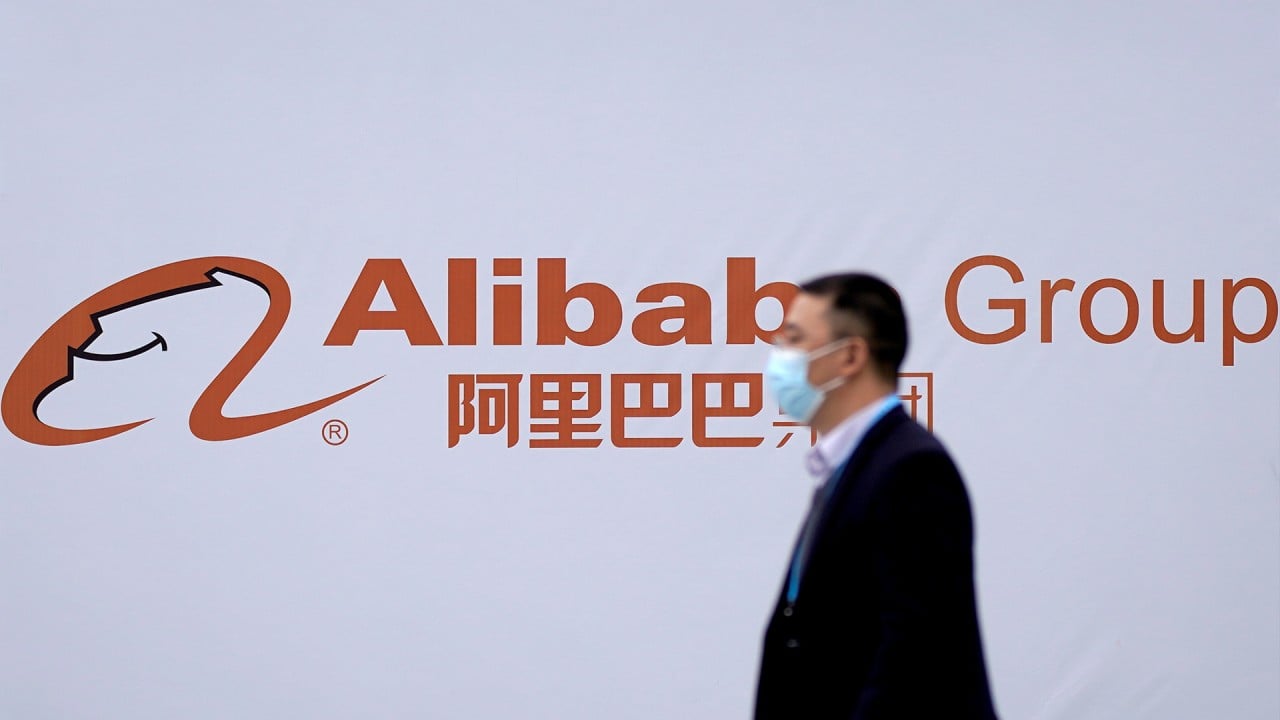
Ant Group tells staff it hopes to resume IPO, as Beijing finalises new rules for digital lenders
- Chairman has told employees that the fintech giant will eventually resume its listing, sources say
- Message comes as regulator reiterates stance that fintech platforms and digital banks should meet the same compliance requirements as other banks
Ant Group has told employees that it was hopeful of eventually resuming its initial public offering (IPO), and that before this materialises it was working on a plan to provide a solution for staff looking to monetise their stock holdings.
According to people familiar with the matter, Eric Jing, Ant’s chairman, told employees via the company’s internal website that it plans to offer a short-term liquidity solution to staffers starting April, the start of the fintech group’s financial year. While such a plan had not been finalised, it was likely to provide an interim solution for employees who had been hoping to cash out their holdings.
Ant’s dual US$34.5 billion IPO slated for Hong Kong and Shanghai was foiled at the last minute on the back of regulatory changes last November. Beijing has unleashed a raft of new fintech regulations and an antitrust inquiry into the country’s technology sector since then. To regulators, keeping a closer eye on Ant and treating it more like a bank than a technology platform reduces the threat of disruption and stops the upstart from exploiting loopholes.
“This is a process. Once the problem [is] solved, it will go back on track, to continue being considered according to the law,” Yi said in response to a question about approving Ant’s IPO in the future, at the virtual World Economic Forum in January. “You just follow the standard of legal structure, you will have the result,” he said.
The prospect of the IPO resuming comes amid comments by the chairman of China’s banking regulator, who said on Tuesday that online finance providers were free to continue innovating, but online-only banks, such as Ant’s MyBank, had to comply with the same regulatory scrutiny as traditional banks.

03:04
What is Jack Ma’s Ant Group and how does it make money?
Guo was responding to a question from the press about the role Ant should play in China’s financial system. Without directly referring to Ant, Guo presented WeBank and MyBank as examples of online-only lenders being regulated under the same rules currently governing similar financial service providers.
“We have internet-only banks such as WeBank and MyBank, and other digital banks in Sichuan. While we encourage such development … they should be uniformly regulated with the entire industry” regardless of the format in which these financial businesses are conducted, he said.

01:12
Ant Group poised to be world’s biggest private firm making public debut, with Hong Kong-Shanghai IPO

01:26
China kicks off antitrust probes into Alibaba over alleged monopolistic practices
Such lenders make decent profits despite having no physical branch. For instance, according to MyBank’s latest disclosure, its net profit in 2019 surged by 90 per cent to 1.3 billion yuan (US$185.5 million) from 658.3 million yuan in 2018.
The new rules finalised last month will also require that banks cap the amount of loans they issue in partnership with one online lending platform to 25 per cent of their net tier 1 capital ratio. They will also impose a specific quota reining in such collaborations, as they stipulate that the total balance of loans with online platforms cannot exceed 50 per cent of a bank’s total loan book. Banks will need to make sure they can meet these targets by July 17 next year.
Moreover, all online lending platforms will be required to contribute 30 per cent of the funding to back up the loans they offer in partnership with traditional banks, effective from January 1, 2022.
Beijing is keen to protect the interests of traditional banks, which are an important conduit for executing China’s economic measures. For example, these banks were asked to sacrifice as much as 1.5 trillion yuan in profit last year to finance cheap loans, cut fees and defer loan repayments to help small businesses survive the downturn caused by Covid-19 containment measures. Analysts have said the regulators are keen to ensure that innovation does not compromise these banks’ ability and role in safeguarding economic growth and stability.

